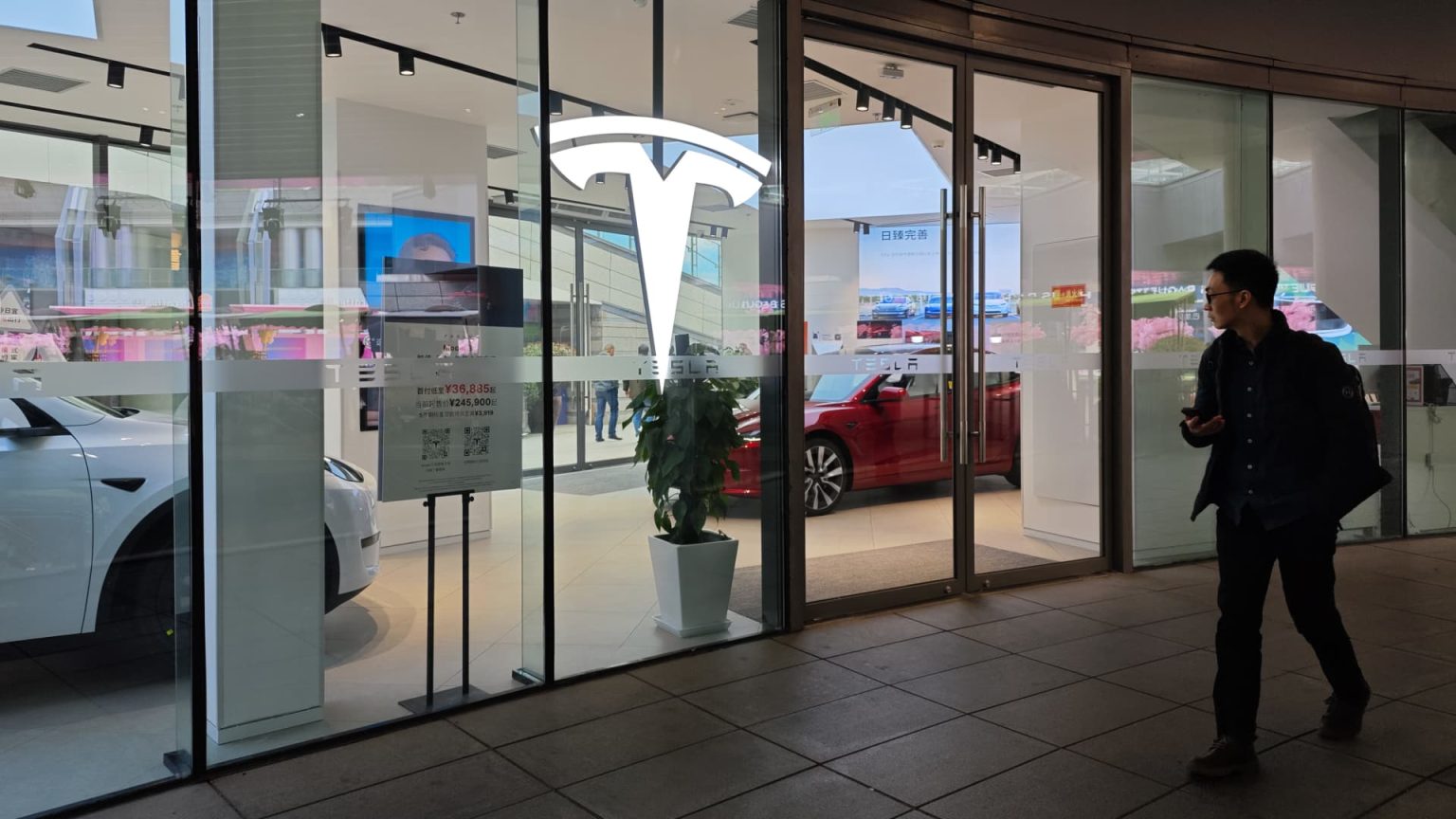Tesla and Li Auto both saw their shares shrink in premarket trading after the companies announced significant price reductions for their electric vehicles in various markets. Tesla reduced the price of its Model 3 in China by 14,000 yuan to 231,900 yuan, as well as in other major markets like Germany. Li Auto also cut prices for its models by up to 30,000 yuan, including the L7, L8, L9, and MEGA SUV. Both companies updated their websites to reflect the new prices, which led to a drop in Hong Kong-listed shares of Li Auto to an 11-month low.
The price reductions by Tesla and Li Auto come as competition in China’s EV space heats up, with local automakers vying to outsell U.S. competitor Tesla through advanced technology and competitive pricing. Eugene Hsiao, head of China equity strategy at Macquarie Group, noted that all of China’s biggest EV makers have their sights set on dethroning Tesla and competing for dominance in the nation’s rapidly evolving auto market. The price discounts are just one element of the strategies being employed by major players in China’s EV industry to navigate the impending wave of industry consolidation.
In response to the intensifying competition, Chinese smartphone manufacturer Xiaomi recently entered the electric vehicle market with the launch of its SU7 electric car. Priced about $4,000 lower than Tesla’s Model 3, Xiaomi’s new car also boasts a longer driving range, further escalating the competitive landscape for EV manufacturers in China. The entrance of new players like Xiaomi, in addition to the price reductions from Tesla and Li Auto, highlights the fierce competition and shifting dynamics in the Chinese EV market as companies strive to position themselves for long-term success in a rapidly evolving industry.
The price cuts by Tesla and Li Auto reflect the growing competition among EV makers in China, as companies pivot their strategies to attract customers and gain market share. With the domestic auto market in China becoming increasingly competitive, major players like Tesla, Li Auto, and other Chinese automakers are deploying various tactics to stay ahead and weather the challenges posed by industry consolidation. As consumer demand for electric vehicles continues to rise, companies must continually adapt and innovate to meet changing preferences and emerging technologies within the global EV landscape.
By reducing prices and offering discounts, Tesla and Li Auto are seeking to remain competitive in the fiercely contested Chinese EV market, where automakers are battling to establish themselves as industry leaders. The pricing adjustments by these companies are part of a broader strategy to address the changing dynamics of the industry and fend off emerging competitors, such as Xiaomi’s entry into the electric vehicle sector. As the competition in China’s EV space continues to intensify, companies like Tesla and Li Auto will need to remain nimble and responsive to market shifts in order to stay ahead of the curve and secure their positions in the rapidly evolving automotive landscape.
Overall, the price cuts by Tesla and Li Auto underscore the fierce competition and evolving dynamics in China’s electric vehicle market, as companies navigate a competitive landscape driven by changing consumer preferences, emerging technologies, and industry consolidation. By reducing prices and offering discounts, these companies are adapting their strategies to meet the challenges posed by new entrants and intensifying competition within the rapidly evolving EV sector. As companies vie for market share and seek to outpace competitors, it is clear that the Chinese EV market is poised for continued growth and innovation, driven by the ongoing race for dominance among major players in the industry.


